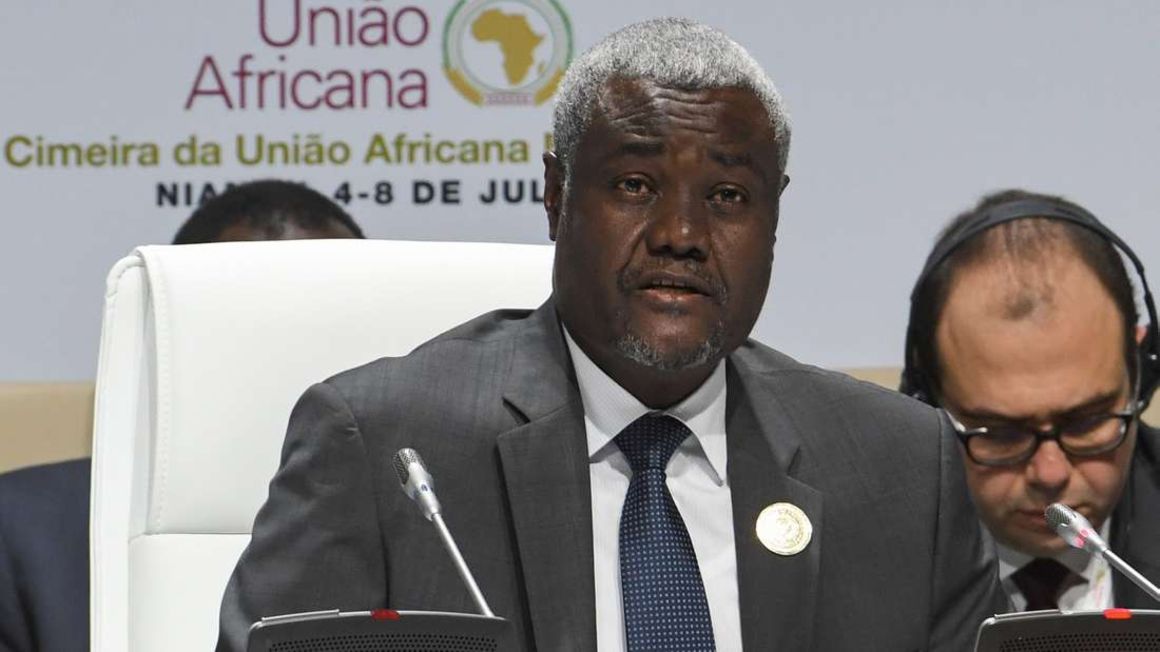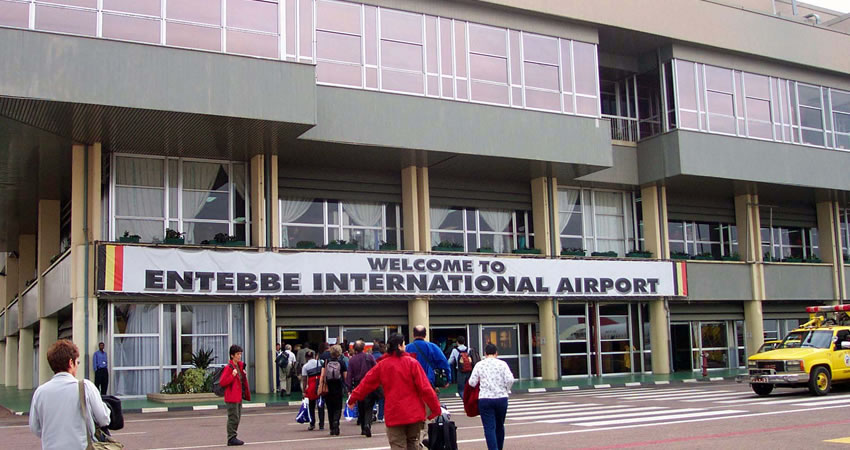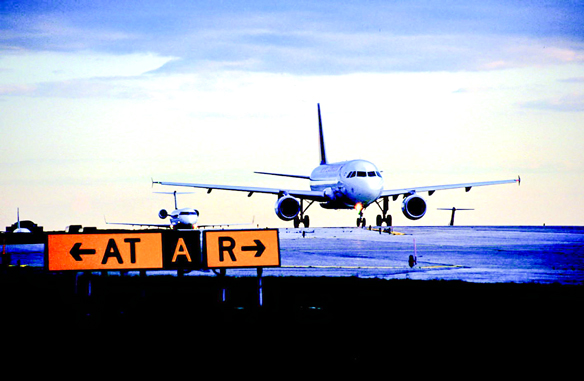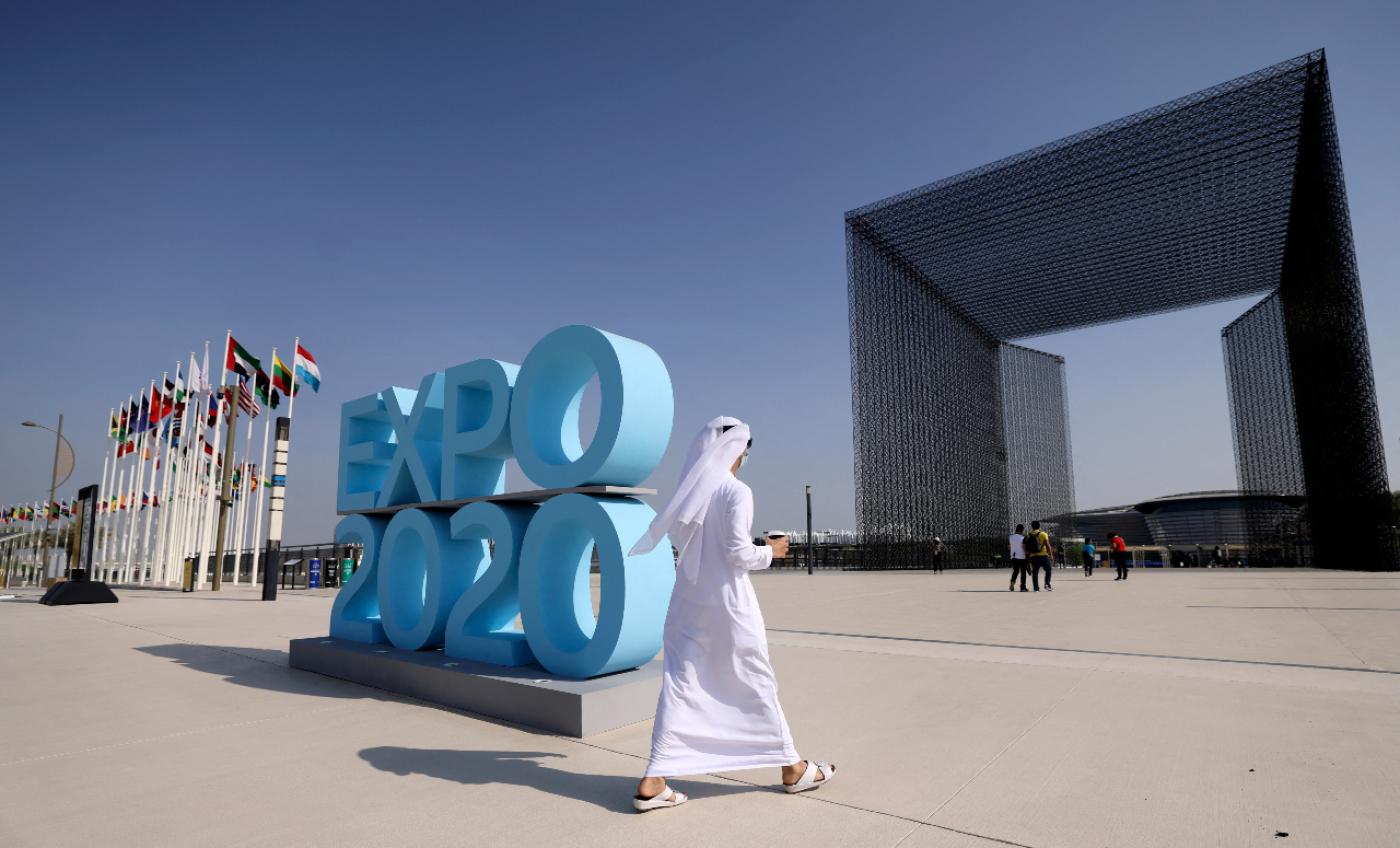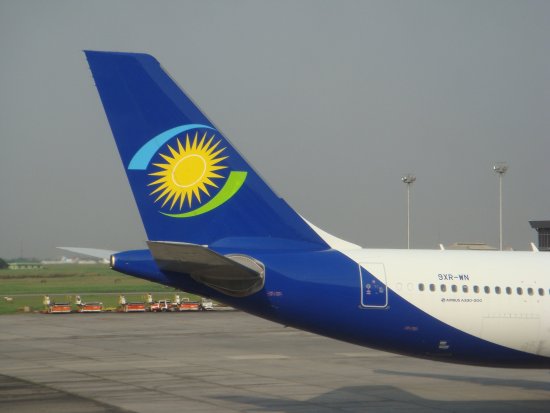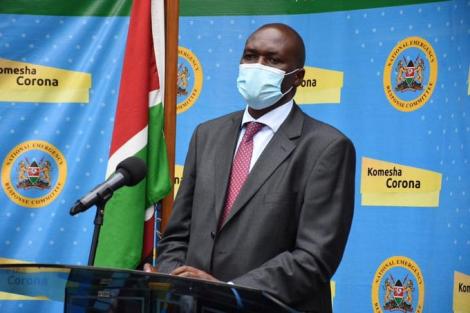The African Union boss Moussa Faki Mahamat says the world owes Africa responsibility to lift travel restrictions imposed on the continent over the new Covid-19 variant.
At a conference between the African Union and the UN on Wednesday, Mr Faki said there was no “common sense” or scientific reasoning behind the travel bans, especially since it has been learnt it existed in many places long before South African scientists isolated it.
“We have told UN agencies that there is no scientific basis for these travel bans, it has been found that this variant was circulating in Europe before it was identified in South Africa,” Faki told an audience in New York at a forum to commemorate slavery.
“We condemn and challenge the travel measures that have no basis in science nor common sense. To condemn a country because its scientists alerted the world of the prevalence of a new variant, is immoral. In the face of a common enemy, the life of a human being should be the same,” he added.
Faki spoke in the wake of the discovery of a new variant of Covid-19 virus now known as Omicron. South African scientists announced last week they had discovered the variant that is more infectious and has various mutations from the original form. And although South Africa itself had recorded an increase in infection rate, there has been further proof this version had existed in different places including Germany, in communities that had no travel history to South Africa.
Most of the countries have however imposed a blockade on travel from Africa, causing anger to the continent. Last week, the Africa Centre for Disease Control and Prevention said the history of the pandemic had showed lockdowns work less effectively compared to physical distancing, mask wearing, anitization and vaccination. It didn’t stop the US, Germany, UK, and Canada from restricting travel from South Africa.
On Wednesday, Bangaldesh caused more furore after restricting travellers from the entire African continent ostensibly to prevent admission of the new variant.
The New Age newspaper, citing the Bangladeshi Foreign Minister Abdul Momen, said the country had instructed its missions in Africa to restrict giving travel papers to travellers from the continent. Those who arrive from the continent will be forced into a 14-day quarantine at their own cost.
“Any incoming people from Africa would have to stay in institutional quarantine managed by the government for 14 days on self-payment,” the paper reported. Bangladesh has embassies in Kenya, South Africa, Nigeria, Mauritius, Morocco, Ethiopia, Sudan and Egypt.
There were reports the government in Bangladesh had imposed tougher restrictions, including planting red flags on the roofs of apartments where those arriving from Africa are staying and ensuring they don’t leave the compound until the quarantine period is over.
The country though was gearing ahead with a ‘peace conference’ due in the capital Dhaka on Saturday and had invited prominent personalities like the Indian Nobel Peace laureate Kailash Satyarthi, former UN secretary general Ban Ki-moon, former Arab League secretary general Amr Moussa, as well as former British prime minister Gordon Brown.
Source: The East African

